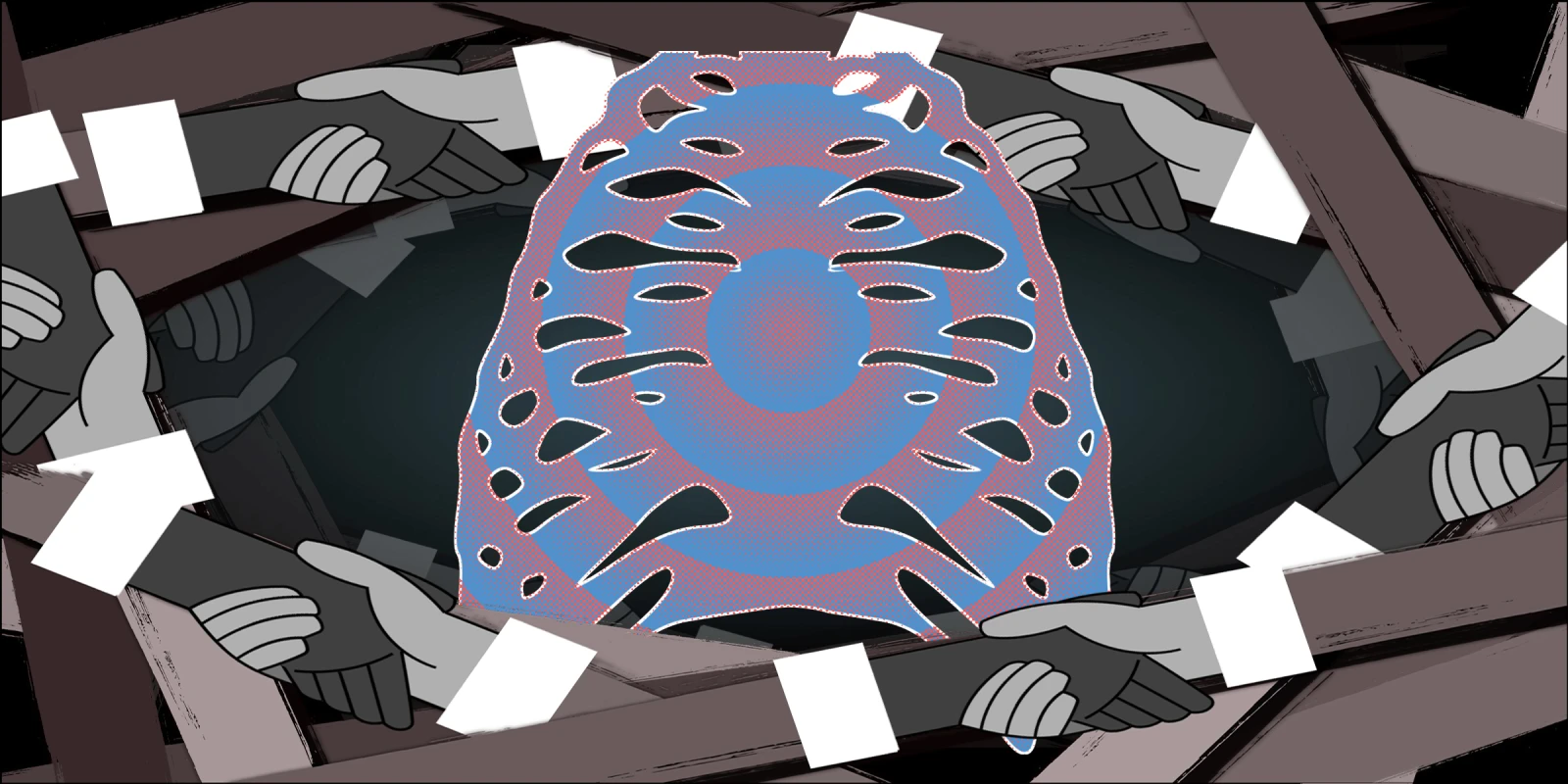I have been a member of the American College of Chest Physicians (ACCP) for almost 20 years and have attended the annual CHEST conferences for the majority of those years. I enjoy the clinical emphasis of the content at CHEST meetings, and I always look forward to seeing colleagues and old friends. Like many of life’s regular activities, I dearly missed attendance at live and in-person medical conferences during the pandemic. CHEST 2021 was supposed to be the first one, having been moved from the originally planned venue in Vancouver, Canada, to one in Orlando, so that in-person attendance could be maximized, albeit with a plan for a virtual component for those who were not able to travel. Alas, the surge of the Delta variant of SARS-CoV-2 in the late summer led to a pivot by ACCP leadership to a fully virtual meeting. We will have to wait a bit longer to have the renewal of live professional meetings!
But having already organized my schedules for Oct. 17–20 to allow me to be away, I found myself in a unique position compared to other virtual meetings during the pandemic. Instead of trying to attend sessions on my computer between meetings, and clinic sessions during a regular work schedule, I could dedicate myself to the meeting content in a more focused way. There were some unfortunate technical issues with the meeting that forced me to reorganize my plan for what sessions to attend and in what order. That said, the conference delivered well with inspiring and informative sessions.
My favorite session was about scleroderma interstitial lung disease entitled, “Personalized Medicine in Scleroderma Lung Disease: Are We There?” Over an hour, the speakers laid out a review of screening, diagnosis, and treatment of scleroderma interstitial lung disease, including immunosuppression and anti-fibrotic therapy. They also discussed the evaluation and treatment of pulmonary hypertension with scleroderma, prognostication, and personalized therapy (possibly with inflammatory markers). The talks by Maureen Mays, Stephen C. Mathai, Willis S. Bowman, and Namita Sood highlighted the fact that within the scleroderma lung disease space, there is a wealth of evidence-based medicine and well-executed published trials to lean on for management.
I joined in a plenary session titled “Training the Well-Rounded Fellow: Beyond Patient Care.” This was a gem of a session, and I recommend it to anyone in training or involved in training residents or fellows. Uma Ayyela talked about a formal QI curriculum and how to assess trainees’ experiences. Shyoko Honiden discussed a cross-specialty communication curriculum and stressed the importance of acquiring good communication skills and how such skills can be learned. Demondes Haynes brought his experiences and recommendations about how to formalize diversity and inclusion training and how to enhance the recruitment of underrepresented minorities in training programs. Finally, Wes Ely brought it home and related the importance of instilling our humanity into patient care – and even how to teach such skills through example. He convinced me to purchase a recent book called “The Boy, the Mole, the Fox, and the Horse” by Charlie Mackesy (a sort-of book of wisdom and a #1 New York Times bestseller) and his new book, “Every Deep-Drawn Breath” (all proceeds are going to families who lost loved ones to COVID-19). As an aside, Dr. Ely (@WesElyMD) is my favorite new Twitter follow of the past year.
There was a lot of buzz in various sessions regarding the INCREASE study and its implications for monitoring and treating patients with fibrotic lung diseases. As I usually do, I also took the opportunity to use the CHEST meeting to get myself updated through review sessions in parts of our specialty that I don’t use as often in my practice, such as sleep medicine and asthma. I even had a bit of fun. I attended a virtual escape room game where I worked with a group of my peers to obtain a series of clues that allowed us to save the world from an alien invasion. A big thanks to William Kelly for his insight and creativity in helping this game come to life! CHEST conferences are notorious for this type of goofy humor and corny fun.
Unfortunately, the hands-on demonstrations and educational sessions central to any CHEST conference were not the same. People usually get to hold a bronchoscope, resuscitate a mannequin simulator, and lay an ultrasound probe on a human actor hired as a simulated patient. The substitutions for these activities do not live up to the real thing.
Of course, there was also plenty there about COVID-19. One session that I found particularly interesting was called “Post-ICU Syndrome: Current Understanding, Implementation, and the Impact of COVID-19.” In it, the faculty illustrated the importance of creating organized systems of caring for patients who survive COVID-19 critical illness and how burdensome the recovery is for them and stressed the need for collaborative and organized research of this population.
Content will be available through October 2022 for registered attendees, and because there is so much content there to review on-demand, there is the possibility of acquiring way more CME and MOC credits than would be possible through the traditional in-person meeting format. Maybe the digestion of after-conference on-demand recorded content with CME credits could be a positive legacy of our COVID-19 meeting experimentation. And now, I look forward to CHEST 2022 — planned for Nashville Oct 16–19.
Dr. Daniel Dilling has received research support from Boehringer Ingelheim, Nitto Denko Corporation, Bellerophon Pulse Technologies, and Galapagos NV. He has also received consulting and lecturing fees from Genentech and Boehringer Ingelheim.
Illustration by April Brust







